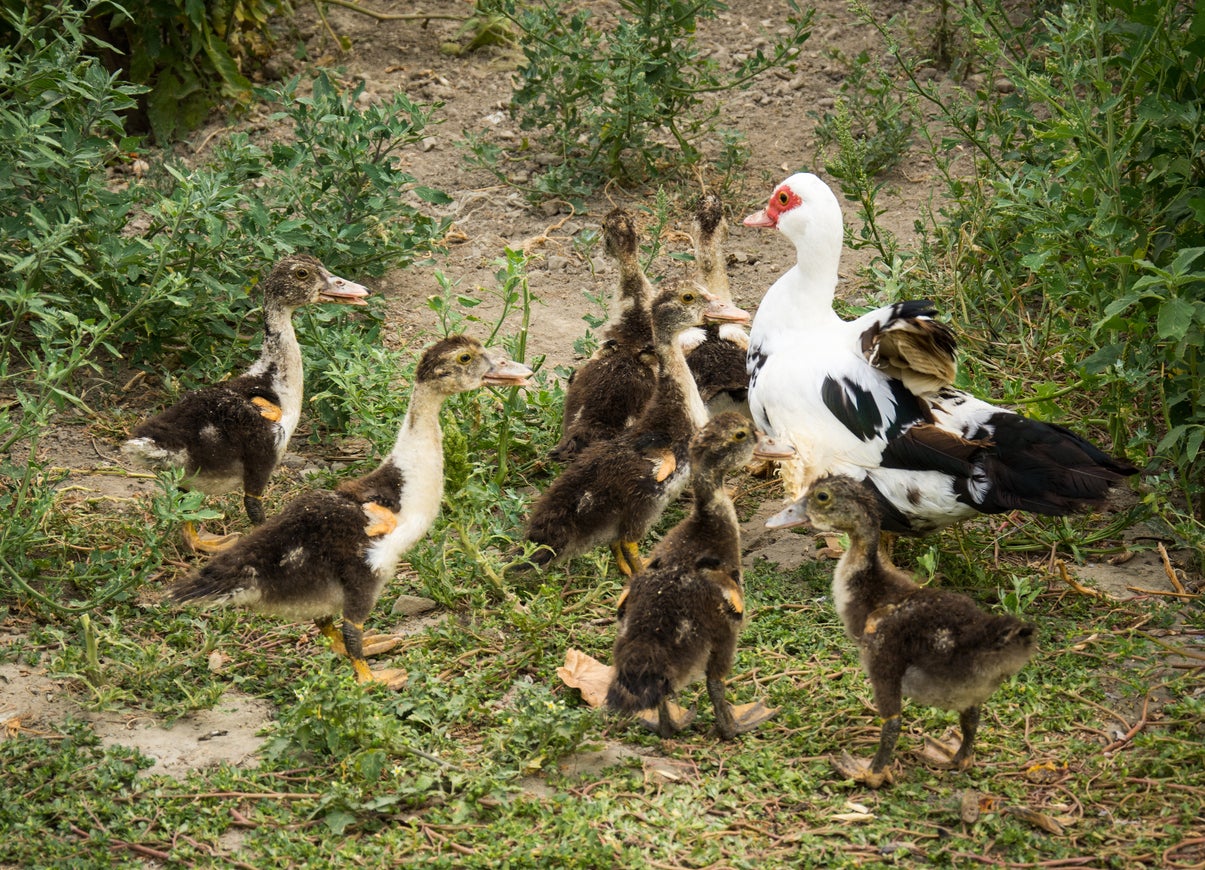Duck Habitat Safety – What Are Some Plants Ducks Can’t Eat


If you have ducks living in your backyard or around your pond, you may be concerned with their diet. Protecting ducks on your property is likely a priority, which means keeping plants poisonous to ducks away from them. Which plants are unsafe though?
About Plants Ducks Can’t Eat
Well-fed ducks aren’t likely to munch on plants that are dangerous to them. Most ducks can usually tell by the first taste which plants they shouldn’t eat, as the first bite tastes bitter.
Many common ornamentals we grow in the landscape are actually bad for ducks to eat. Rhododendrons, yew, and wisteria are among a few plants harmful to ducks. Anything of the nightshade family is suspect, although in some cases it is just the leaves. Cherry tomato fruits are often used as treats and pill pockets for ducks, but they should not eat the leaves.
Others say tomatoes and all forms of nightshade plants are not appropriate to feed ducks. With so many healthy options available in the home landscape, this doesn’t have to be an issue. In most cases ducks much prefer the bugs they may find on these plants instead.
Common Plants Harmful to Ducks
Ducks are not likely to help themselves to these plants if free ranging in the yard, just make sure not to feed this to them. This is not, by any means, a complete list. Plants that you should not feed your ducks include:
Keeping ducks is a fun and fairly uncomplicated experience. Just keep an eye out for the adventurous youngsters anxious to experience new tastes. If you grow these plants in your landscape, keep them trimmed above the duck’s reach for another way of keeping ducks safe.
Duck Habitat Safety
Ducks are big eaters, so feed them well a couple times a day. They like grass clippings, weeds, and cracked corn. Don’t include any plant parts in their feedings of which you are unsure of safety, like the toxic vetch, milkweed, or pennyroyal.
Gardening tips, videos, info and more delivered right to your inbox!
Sign up for the Gardening Know How newsletter today and receive a free copy of our e-book "How to Grow Delicious Tomatoes".
Use a poultry feeder for the corn for accurate measurements and the best feeding experience. You might consider a waterer also, as ducks need lots of water to drink. If you keep chickens too, don’t allow the ducks to eat the chick starter, as it contains medicine poisonous to ducks.
A well-fed duck is less likely to explore and taste plants that are not safe.

Becca Badgett was a regular contributor to Gardening Know How for ten years. Co-author of the book How to Grow an EMERGENCY Garden, Becca specializes in succulent and cactus gardening.